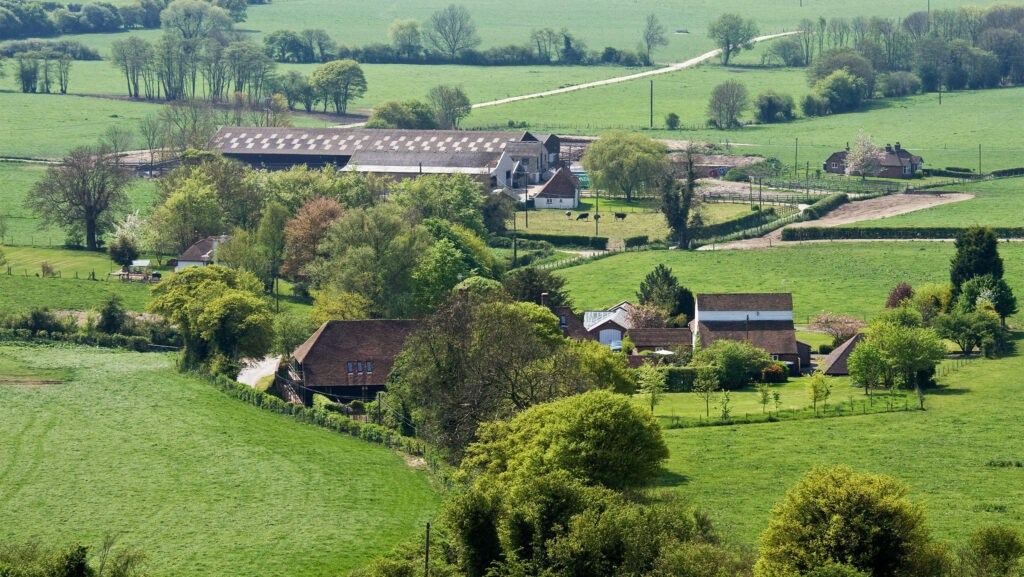Farmers face ‘unfair’ interest charges on inheritance tax
 ©Tim Scrivener
©Tim Scrivener Charging interest on inheritance tax dues and targeting the old and infirm through a “forestalling clause” are two of the biggest challenges farmers face as the countdown to IHT on farm assets continues.
Giving evidence to the House of Lords Finance Bill subcommittee this week, NFU president Tom Bradshaw said these were just two examples of how “irrational”, “unrealistic” and “unfair” the government’s plans were for farmers caught in the firing line.
See also: Farmer discontent grows over Labour’s firm IHT position
Mr Bradshaw explained that the government’s much vaunted plan to allow IHT payments to be spread over 10 years would be interest-free only if the first payment was made within six months of a death.
“To expect to have probate within six months is completely unrealistic – especially given the complexity of valuing an agricultural business,” he said.
This would be complicated by the fact that valuation officers would be under huge pressure, getting to grips with real-life situations involving farm assets, rather than just relying on book valuations.
“I think this has been hugely underestimated,” said Mr Bradshaw.
“The belief that we are going to be able to make the first payment six months after the death – I just don’t understand how anyone has thought this through and arrived at that as a realistic proposition.”
Added expense
Country Land and Business Association policy director Judicaelle Hammond agreed that getting cash out of a business to pay IHT would be difficult without probate, while securing a bridging loan would add cost and complexity.
Central Association of Agricultural Valuers secretary Jeremy Moody told the committee his organisation was preparing its members to start the process of valuation “as soon as is decently possible after the death”.
But even if that could be done in six months, once an IHT return was submitted to HMRC for consideration, it was out of everyone’s hands.
“That’s where you hit an issue of the capacity for that [return] to be dealt with,” Mr Moody said.
Forestalling clause
While charging interest in such circumstances was “unreasonable”, Mr Bradshaw said an even greater issue was the so-called “forestalling clause”.
This effectively applies the new IHT rules to any transfer of assets that takes place from the date of the last Budget – 30 October 2024 – rather than when the new legislation is passed on 1 April 2026.
“If you’re a younger member of the farming industry, generally you have the ability to plan,” said Mr Bradshaw.
“But if you are somebody who does not expect to live for seven years, if you are somebody who is terminally ill, the forestalling clause has deliberately trapped you. That feels targeted and is much more difficult to forgive.”
Historic data
All three witnesses agreed that the government’s estimates of just 550 farms a year being affected by IHT was a massive underestimate, explained in part by its use of historic data and valuations.
Affordability was another issue, with Mr Moody suggesting the average IHT bill would be equivalent to £200-£300/acre annual rent on a 10-year payment basis.
Meanwhile, outside investors with multimillion-pound bank balances would still find farmland a massively attractive investment to cut their IHT dues.
“The new system will hit those it aims to protect, and protect those it aims to hit,” said Mr Moody.
Treasury digs in on inheritance tax
The exchequer secretary to the Treasury, Daniel Tomlinson, has said government plans to impose 20% inheritance tax on agricultural assets worth more than £1m are both fair and balanced,
Responding to a Westminster Hall debate on the impact of the policy in Northern Ireland, the junior minister insisted the Treasury had listened to the farming industry, but maintained that its policy “is the appropriate one”.
The provisions for farmers were “generous” and “not seen anywhere else in the IHT system”, he said.
